
Malaysia 2023
Supported by the Association of Corporate Counsel


Legal manager, indirect procurement AMEA | Kellogg Company

Group general manager, group legal and regulatory affairs | Media Prima




Director of legal affairs and general counsel | Asian Football Confederation

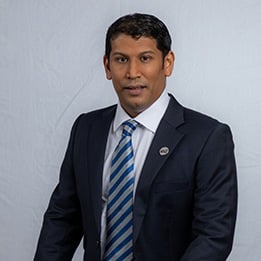




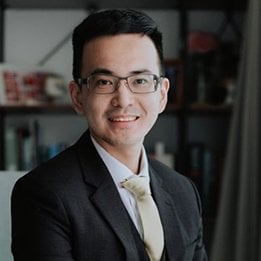








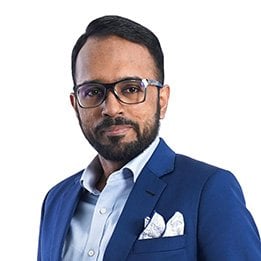
Head of legal, secretarial and corporate affairs division | Projek Lintasan Kota Holdings (PROLINTAS)
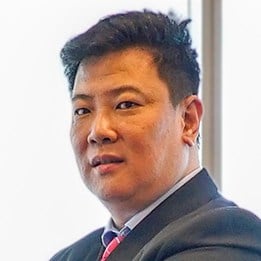


Group company secretary and head of corporate services | KNM Group


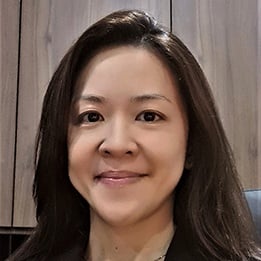

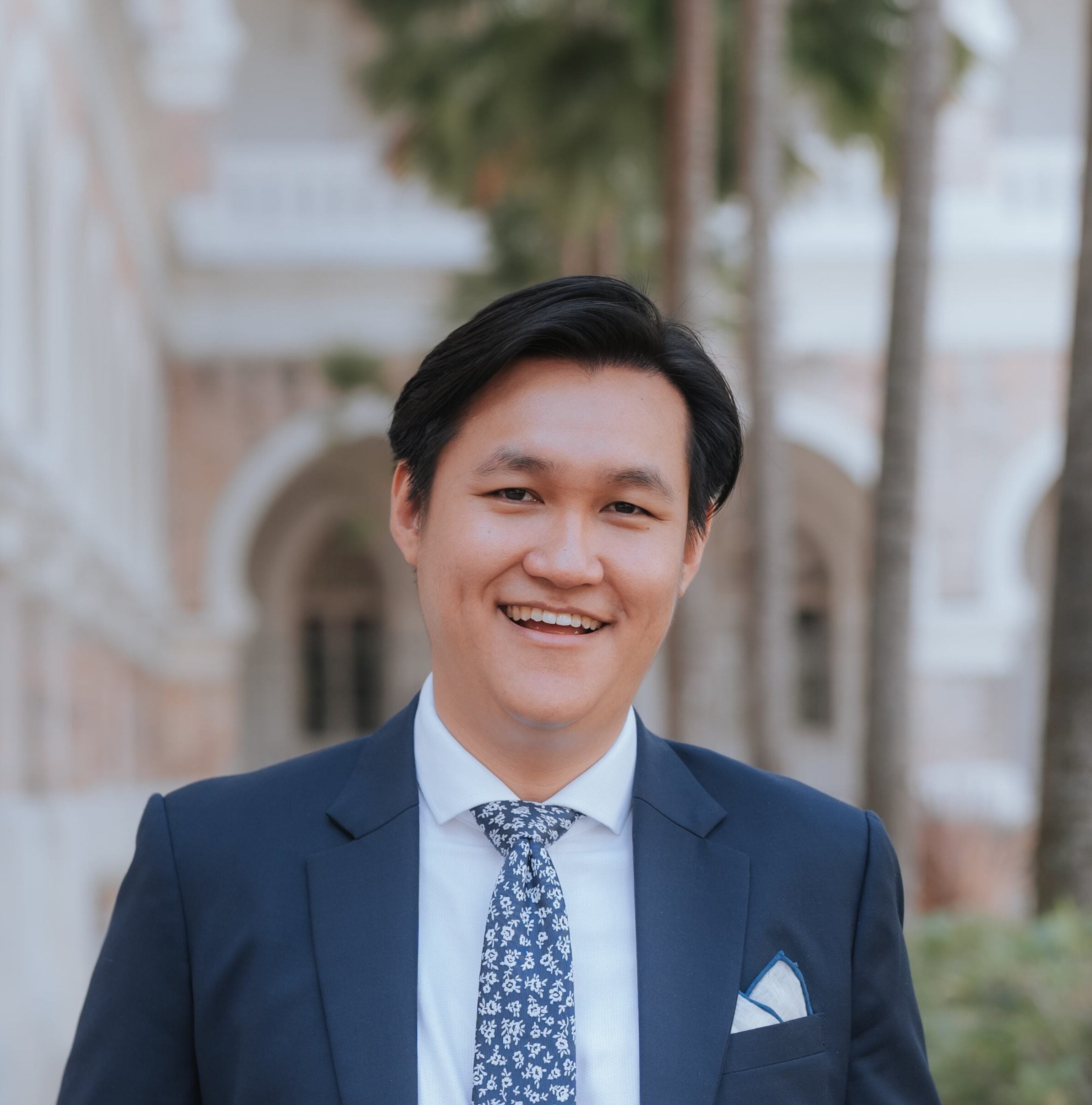

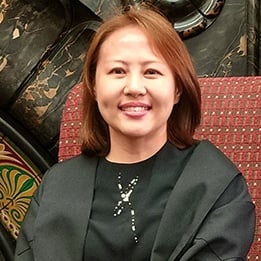





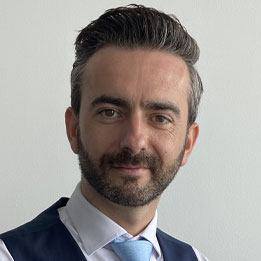


Senior manager, legal and property management | Eco World






Head of legal, Malaysia, Australia and Philippines | OSRAM Opto Semiconductors

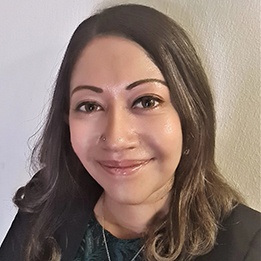

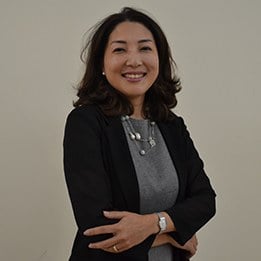

Legal and compliance | Panasonic Appliances Air-Conditioning Malaysia
Tan Ming Hong has spent 15 years as an advocate and solicitor of the High Court of Malaya, handling dispute resolution matters from the first instance court to the supreme...
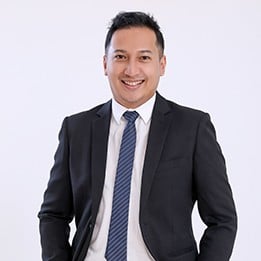
Assistant head division of corporate services | Penang Port

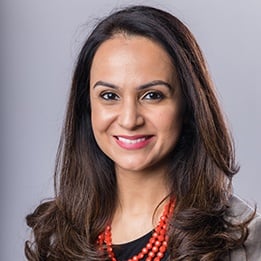





General counsel and chief strategy officer | OCR Group

Director, legal and compliance and company secretary | Carlsberg Brewery Malaysia

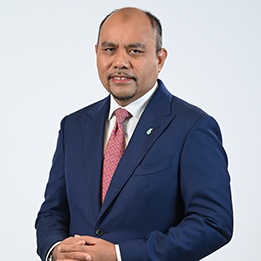
Senior vice president, group legal and group general counsel | Petronas

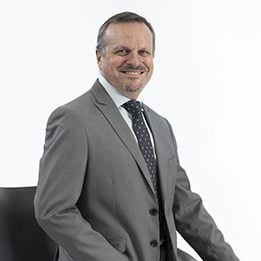

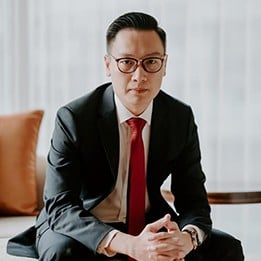

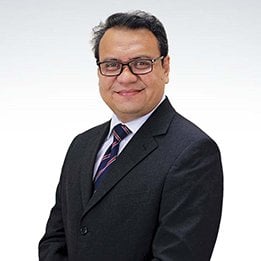
Senior general manager, legal, corporate secretarial and compliance | Malaysia Marine & Heavy Engineering Holdings



Associate general counsel - global labour and employment APAC | JABIL

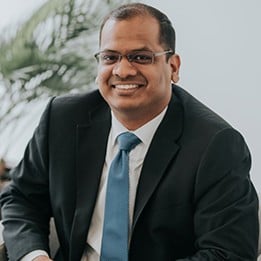


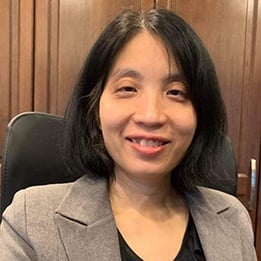
Head, group legal, compliance and risk management | Warisan TC Holdings


Legal executive | Projek Lintasan Kota Holdings (PROLINTAS)




Chief legal officer and company secretary | AmGeneral Insurance










Executive director, general counsel, company secretary and head, corporate and support services | Khazanah Nasional
















Vice President and general counsel, Asia Pacific | Emerson Automation Solutions






Assistant manager, legal | Projek Lintasan Kota Holdings (PROLINTAS)










Senior counsel, global operations | Ansell
A dedicated, experienced and well-regarded corporate counsel with close to 21 years of experience across a number of prominent companies in a diverse range of industry sectors. Shalinee Fernandez graduated...





Director of legal affairs and general counsel | Network Innovations




As one of the brightest lights on the Southeast Asia business scene, boasting some of the most prominent companies supported by highly qualified and distinguished legal teams, it is an honour to be able to launch this first-ever Malaysia-only edition of the GC Powerlist after so many years of the GC Powerlist being in circulation.
Through the Southeast Asia edition of the GC Powerlist, our research team has become well-acquainted with the hugely talented general counsel, chief legal officers and other high-ranking in-house legal leaders in Malaysia. What was excellent about this standalone Malaysia edition, however, was that we got to delve deeper into the in-house legal community of this wonderful market and speak to people we had not had the pleasure of interviewing before.
The results we, as always, extremely interesting, and gave light to a number of trends. Fintech and the new possibilities that it brings continues to loom large in the minds of many general counsel in Malaysia, but perhaps not quite as large as the spectre of AI. While some were sceptical of its benefits in recent years, many more are now looking towards it with great interest for the potential time-saving it heralds.
Congratulations to all the talented in-house lawyers who made it in to this first Malaysia- edition of the GC Powerlist series. From a long list of over 400 nominees, you are the highly qualified individuals who remain. We look forward to seeing how your careers progress going forward!
Joe Boswell
Global Editor, GC Powerlist Series
The Legal 500
Legal 500 returned to Miami to celebrate the launch of the GC Powerlist: Miami 2026, hosted in partnership with Winston & Strawn. The event brought together leading in-house counsel from across the city for an evening recognising their work, leadership, and clear impact within their organisations.
Juan Azel, Chair of Winston & Strawn’s Fintech, Banking and Payments practice, opened the evening with remarks on the opportunities emerging from Miami’s economic growth.
He was followed by keynote speaker Nilo J. Barredo, Head of Legal, Wealth, Banking & Lending for the Americas and Director, Associate General Counsel at Citigroup, who shared perspectives on the evolution of Miami’s in-house ecosystem.
A reception followed, giving this year’s honourees the chance to connect with peers and exchange experiences.
Legal 500 extends its thanks to Winston & Strawn for supporting the recognition of Miami’s outstanding general counsel community, and congratulates all recognised general counsel on their achievements.